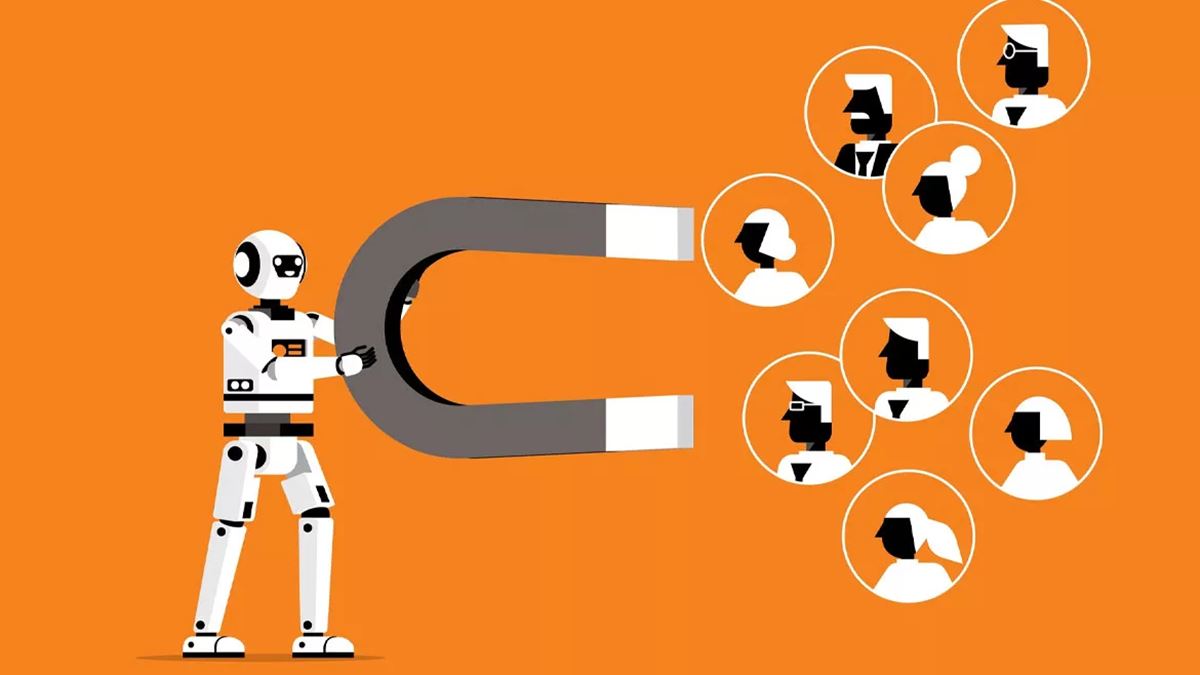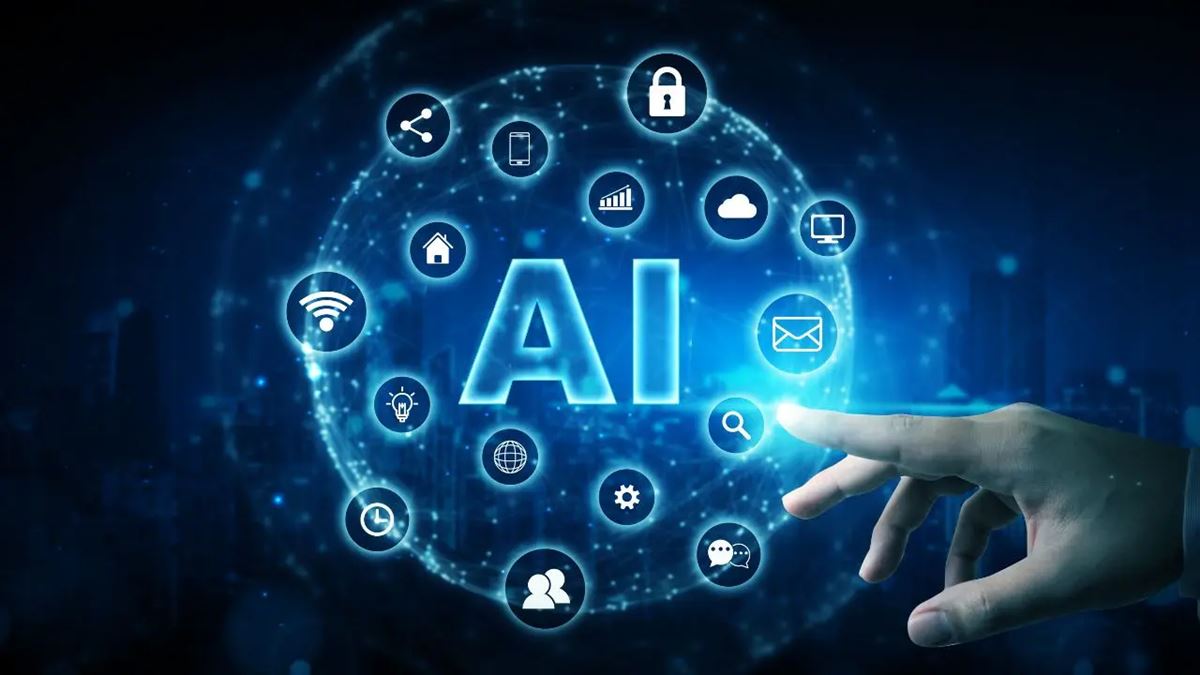Gen Z, the generation born between the late 1990s and the early 2010s, is now entering the workforce in full force. This generation, raised in the digital age, brings a unique set of strengths and perspectives to the professional landscape. They are digital natives, comfortable with technology, adaptable to change, and driven by a desire for purpose and values in their work. However, alongside these strengths, a growing body of research and anecdotal evidence suggests that Gen Z may also exhibit certain gaps in traditional workplace ethics and essential soft skills. This has led to concerns among employers and older generations about their preparedness for the professional world.
Several recent studies highlight this perceived disconnect. A 2024 iHire study revealed that a significant portion of employers (58%) believe Gen Z job seekers need to improve their interviewing skills, and 57% feel they should enhance their communication with hiring managers. Furthermore, a 2023 Intelligent.com survey indicated that 40% of leaders believe recent college graduates are ill-prepared for the workplace, with 70% citing poor work ethic as the primary reason. Adding to these concerns, a Newsweek poll found that 40% of U.S. adults consider Gen Z the most difficult generation to work with.
These findings paint a picture of a generation that, while possessing valuable digital competencies, may be lacking in some of the fundamental interpersonal and professional skills that are crucial for success in the workplace. This article will delve into the specific areas where Gen Z is perceived to fall short, explore the underlying reasons for these gaps, and offer practical solutions for both Gen Z individuals and organizations to bridge this divide.
The Perceived Shortcomings: Where Does Gen Z Fall Short?
The concerns raised about Gen Z’s workplace readiness can be broadly categorized into these areas:
- Communication Skills: One of the most frequently cited concerns is Gen Z’s over-reliance on digital communication and a corresponding weakness in face-to-face interaction. Growing up in an era of texting, social media, and instant messaging, Gen Z may be less comfortable with traditional forms of communication, such as verbal presentations, formal business writing, and in-person networking. This can hinder their ability to build rapport with colleagues, effectively convey complex ideas, and navigate nuanced workplace dynamics.
- Soft Skills: Also known as interpersonal skills, soft skills are essential for collaboration, teamwork, and professional success. These include skills such as empathy, active listening, conflict resolution, problem-solving, and emotional intelligence. Employers often express concern that Gen Z may lack proficiency in these areas, struggling to handle workplace conflicts constructively, work effectively in teams, and adapt to different communication styles.
- Work Ethic: This is a broad category that encompasses a range of behaviors and attitudes related to work. Concerns about Gen Z’s work ethic often center on issues such as punctuality, attendance, dedication, initiative, and a perceived lack of commitment. Some employers worry that Gen Z employees may prioritize work-life balance to the extent that it detracts from their willingness to go the extra mile or take on challenging tasks.
- Professionalism: This encompasses a wide array of behaviors and attitudes, including demeanor, appearance, etiquette, and adherence to workplace norms. Some employers perceive Gen Z as being less attuned to traditional standards of professionalism, potentially exhibiting a more casual approach to workplace interactions, dress code, and communication.
Understanding the Reasons of the Gap: Why the Disconnect?
Several factors contribute to the perceived gaps in Gen Z’s workplace skills and ethics.
- The Digital Age: Gen Z’s upbringing in the digital age has undoubtedly shaped their communication style and social interactions. While digital communication offers numerous advantages, it can also limit opportunities to develop face-to-face communication skills, read nonverbal cues, and practice the art of conversation.
- Education System: Some critics argue that the education system may not be adequately preparing students for the demands of the modern workplace. While academic knowledge is essential, there may be a lack of emphasis on developing practical soft skills, such as teamwork, communication, and problem-solving, in many educational settings.
- Parenting Styles: Changing parenting styles may also play a role. Some argue that an emphasis on praise and protection in childhood may have led some Gen Z individuals to develop a sense of entitlement or a lack of resilience in the face of challenges.
- Economic Uncertainty: Gen Z has come of age during a period of significant economic uncertainty, including the 2008 financial crisis and the COVID-19 pandemic. This may have contributed to feelings of job insecurity and a greater emphasis on work-life balance, as they prioritize their well-being in a volatile economic landscape.
- Societal Shifts: Broader societal shifts, such as increased individualism and a decline in traditional institutions, may also influence Gen Z’s attitudes towards work and their understanding of traditional workplace norms.
How do We Bridge the Divide: Solutions for Gen Z and Organizations
Addressing the perceived gaps in Gen Z’s workplace skills and ethics requires a collaborative effort from both individuals and organizations.
For Gen Z Individuals
Gen Z employees should proactively seek opportunities to develop their soft skills. This can include participating in workshops, taking courses, and actively practicing these skills in various settings.
Make a conscious effort to engage in more face-to-face interactions with colleagues, mentors, and supervisors. This will help improve verbal communication skills, build rapport, and enhance networking abilities.
Find a mentor who can provide valuable guidance, support, and feedback on navigating workplace dynamics, developing professional skills, and understanding workplace expectations.
Demonstrate a proactive attitude by taking on new challenges, volunteering for projects, and seeking opportunities to learn and grow.
Be open to feedback. Embrace constructive criticism as an opportunity for improvement. Actively solicit feedback from supervisors and colleagues and use it to refine your skills and behaviors.
While digital communication is essential, focus on using it effectively and professionally. Learn to write clear and concise emails, participate in productive online meetings, and maintain a professional online presence.
Gen Z employees need to prioritize Emotional Intelligence. Develop self-awareness, self-regulation, empathy, and social skills. These skills are crucial for building strong relationships, managing conflict, and navigating complex workplace situations.
Consider seeking training in specific areas such as public speaking, cross-cultural communication, conflict resolution, and time management.
This last point is perhaps the toughest ask: Develop Professionalism. Familiarize yourself with the specific professional norms and expectations of your workplace. Pay attention to dress code, communication etiquette, and workplace culture.
For Organizations
Provide targeted training to your Gen Z employees. Organizations should offer training programs specifically designed to address the soft skills gaps identified in Gen Z employees. These programs can cover topics such as communication, teamwork, conflict resolution, and professional etiquette.
Organizations that offer mentorship programs fare better with Gen Z. Establish formal mentorship programs that pair Gen Z employees with experienced professionals who can provide guidance, support, and feedback.
Create opportunities for collaboration. Design team projects and initiatives that require Gen Z employees to work closely with colleagues from different generations and backgrounds. This will help them develop their teamwork and communication skills.
Create a workplace culture where feedback is given and received openly and constructively. Encourage regular communication between managers and employees, and provide opportunities for peer-to-peer feedback.
Recognize Gen Z’s preference for short, focused learning experiences by offering microlearning modules that address specific skills or topics.
Promote peer-to-peer learning. Encourage knowledge sharing and skill development among Gen Z employees by creating opportunities for them to learn from each other.
Organizations should work with Gen Z employees to create personalized development plans that identify their strengths and areas for improvement and outline specific steps for achieving their goals.
Acknowledge and reward Gen Z employees who demonstrate improvement in their soft skills and professional development.
Organizations should adapt their communication strategies to accommodate Gen Z’s preferences while also encouraging the development of traditional communication skills. This may involve using a combination of digital and face-to-face communication methods.
Foster a workplace culture that values diversity and promotes understanding between different generations. Encourage open dialogue and create opportunities for employees of all ages to learn from each other.
Creating a Workplace of the Future
Gen Z brings valuable assets to the workplace, including digital fluency, adaptability, and a strong desire for purpose. However, the perceived gaps in their workplace ethics and soft skills cannot be ignored. By understanding the root causes of these gaps and implementing targeted solutions, both Gen Z individuals and organizations can work together to bridge this divide. Gen Z can enhance their employability, build stronger professional relationships, and thrive in the modern workforce, while organizations can benefit from the unique talents and perspectives of this dynamic generation. The key lies in open communication, a commitment to continuous learning, and a willingness to adapt to the evolving needs of the 21st-century workplace.




















